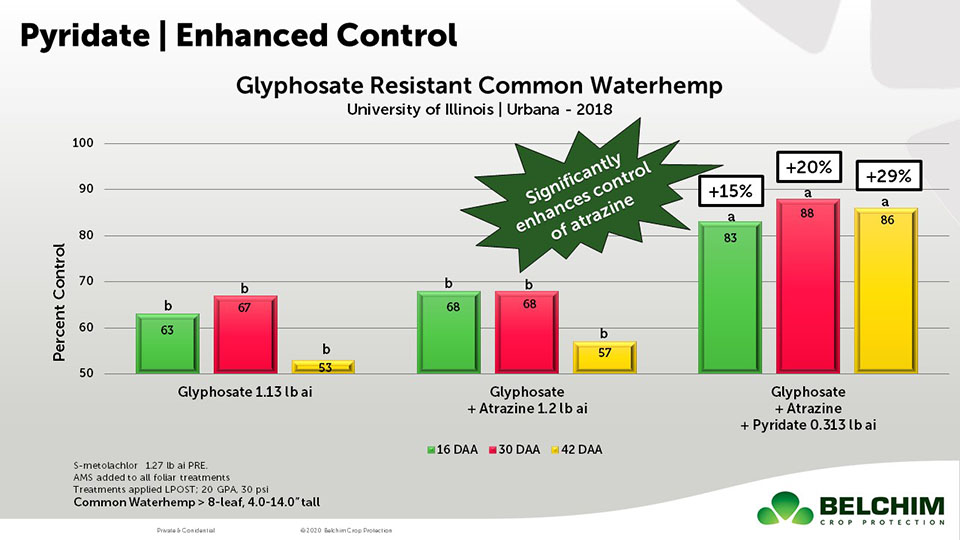Illinois Allows Continued Dicamba Use, Extends Cut-Off Date
Soybean growers and retailers in Illinois can breathe a sigh of relief: the state’s Department of Agriculture is allowing for continued use of three key dicamba products for which the U.S. Environmental Protection Agency issued a cancellation order on Monday night, and it extended the cut-off date by five days.
Illinois Department of Agriculture stated, “EPA’s final cancellation order outlines limited and specific circumstances under which existing stocks of (XtendiMax, Engenia, and FeXapan) may be used. Pursuant to the final cancellation order, existing stocks are those which are currently in the United States and which were packaged, labeled, and released for shipment prior to the time of the vacatur order on June 3, 2020.”
Illinois Fertilizer and Chemical Association, the ag group representing the state’s retailers, said it is seeking additional guidance from IDA on details regarding farmer pre-pay, whether pesticide dealers who are not custom applicators can continue to distribute product inventory, and details on the status of product at distribution centers that is owned by retailers but may not yet be released for shipment.
“The plaintiffs that filed the case in the Ninth Circuit Federal Court are seeking to quash this cancellation order,” IFCA President Jean Payne said.
IDA extended the application cut-off date to June 25 from June 20. That said, “all conditions of IDA’s registrations under section 24(c) of the Federal Insecticide, Fungicide, and Rodenticide Act (FIFRA) remain in effect, including the prohibition of applications when the forecasted temperature exceeds 85 degrees.” IDA issued a “frequently asked questions” sheet on the order, accessible here.
Here are further details of IDA’s statement:
The EPA’s order permits use of existing stocks of Xtendimax, FeXapan, and Engenia as follows:
a. Distribution or sale by the registrant. Distribution or sale by the registrant of all existing stocks is prohibited effective as of the time of the order on June 3, except for distribution for the purposes of proper disposal.
b. Distribution or sale by persons other than the registrant. Distribution or sale of existing stocks that are already in the possession of persons other than the registrant is permitted only for the purposes of proper disposal or to facilitate return to the registrant or a registered establishment under contract with the registrant, unless otherwise allowed below.
c. Distribution or sale by commercial applicators. Distribution or sale of existing stocks that are in the possession of commercial applicators is permitted.
d. Use. Use of existing stocks inconsistent in any respect with the previously-approved labeling accompanying the product is prohibited.
Payne said IFCA urges “continued stewardship and compliance with the label requirements even in these difficult circumstances. Much is at stake beyond dicamba use. The courts are now telling us how to farm, and all pesticide uses are being scrutinized more than ever. There are also millions of acres of soybean and other plants in Illinois that are sensitive to dicamba. We must successfully coexist with other growers and property owners and bring down the number of pesticide misuse complaints.”
The No. 1 soybean-producing state’s dicamba-related complaints rocketed to 724 in 2019 from 330 the prior year, and from 246 in 2017.
See full provisions of the dicamba label for the state of Illinois.






